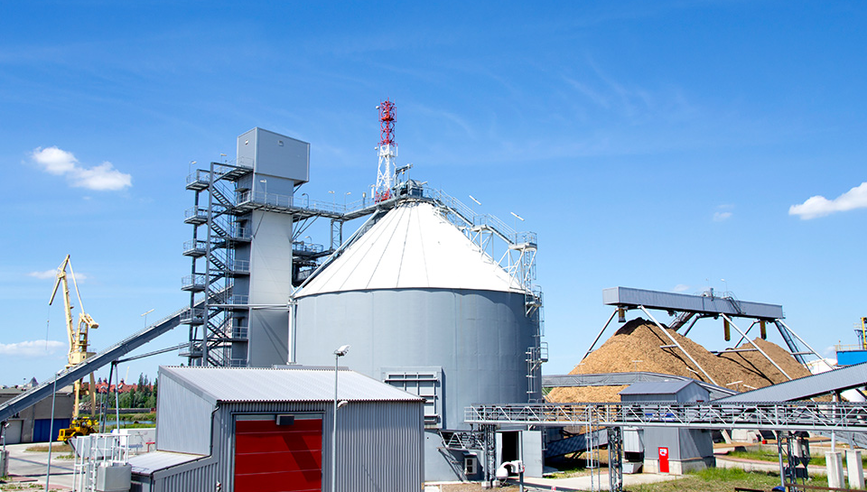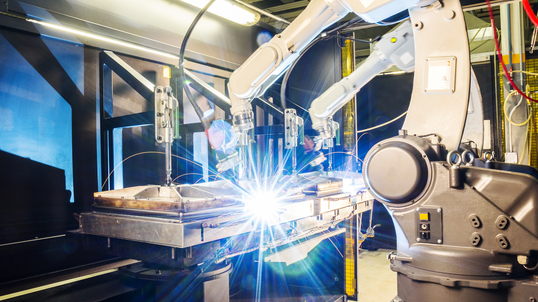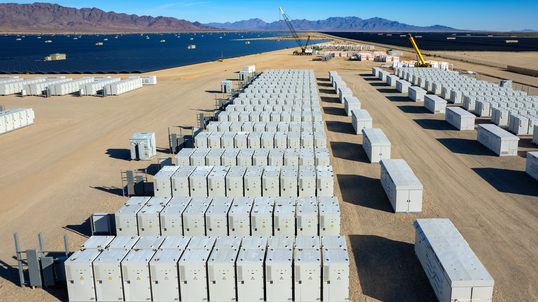Key Points to Understand When Considering Biomass Power Generation


From cereal manufacturers to saw mill operators, organizations are transforming organic waste into energy to power their facilities and sell to the power grid. State and federal incentives,1 mandates against landfill disposal for large producers, and the environmental benefit of “green” energy can make refining biomass increasingly attractive, but organizations considering biopower production should know that it is not without risks.
Financial, regulatory and environmental factors can all drive the decision to install a biomass power generation facility. While anaerobic digestion has been established at farms and wastewater treatment plants for years, state bans designed to limit the amount of food that ends up in landfills, estimated at between 30% to 40% of the food supply2 in the U.S., are helping to expand biomass production.
When considering investment in biopower production, ask the following five questions:
1. Are your employees properly trained?
“Often, running a biopower system is a secondary operation for a business,” said Dave Nelson, a Travelers Second Vice President of Commercial Accounts. Employees might not be trained to operate and maintain biomass equipment, and they might not understand the new fire and explosion hazards that such production introduces. Such training is critical before adding biopower production to your organization. A training or certification program offered through the manufacturer or a third party can help ensure employees are properly trained.
2. Have you accounted for specialized maintenance requirements?
Biofuels of all types contain impurities that can be harmful to the power-generating equipment burning them, requiring specially designed equipment, more thorough monitoring of fuel quality and more rigorous preventive maintenance programs.
As an example, biogas produced by a digester or landfill is not as clean as natural gas from a pipeline, so biogas treatment equipment should be installed to remove impurities and a third-party maintenance company engaged to develop and implement a comprehensive maintenance program. Even with proper fuel treatment and increased preventive maintenance activity, the life expectancy of biofuel power-generating equipment is shorter than that of equipment burning conventional fuels.
3. Have you considered the risk of equipment breakdown?
The costs of operating and maintaining biomass equipment can offset the gains of producing energy in-house. “Because of the specialized nature of the equipment and the unique exposures in biomass, maintenance and inspection requirements are often higher and more frequent than with traditional power-generating equipment,” according to Andy Skelton, a Travelers Risk Control professional. Skelton works with customers to understand the potential risk of equipment breakdown and failure, and the steps to help make sure equipment is properly maintained.
“Without increased maintenance frequencies, biomass equipment can deteriorate quickly, and, without increased inspection frequencies, this deterioration can go unnoticed,” Skelton added. Failure to recognize equipment deterioration could lead to unplanned failures, offsetting the benefit of renewable energy production.
4. Do you have a steady source of fuel?
There may not always be a dependable and uniform biomass fuel source supply available at all times. For example, your business may have seasonal issues if you are using food waste as your fuel source. Production might not be consistent throughout the year. It could be necessary for businesses to purchase additional biofuel. If there is an increased demand for purchased biofuel power, it could result in a either a “demand charge” or a higher cost per KWh.
5. Are you prepared for the costs of being offline?
If your processing equipment is offline, your business might miss out on any credits it would receive for generating energy. This could result in lost income. It might also add an expense of disposing of manure and other feedstock usually used to generate biopower, and potential contract penalties for not meeting power purchase agreements. There are also supply chain implications if you stop purchasing additional biomass from another organization while you are offline, as they may find another buyer while you work to restore operations.
With industry growth potential, it’s important to be aware of the possible risks and benefits of biomass power generation to your business. Travelers can help customers understand their unique risk exposures and how to manage them.
Sources
1 https://archive.epa.gov/epawaste/hazard/wastemin/web/html/rpsinc.html



